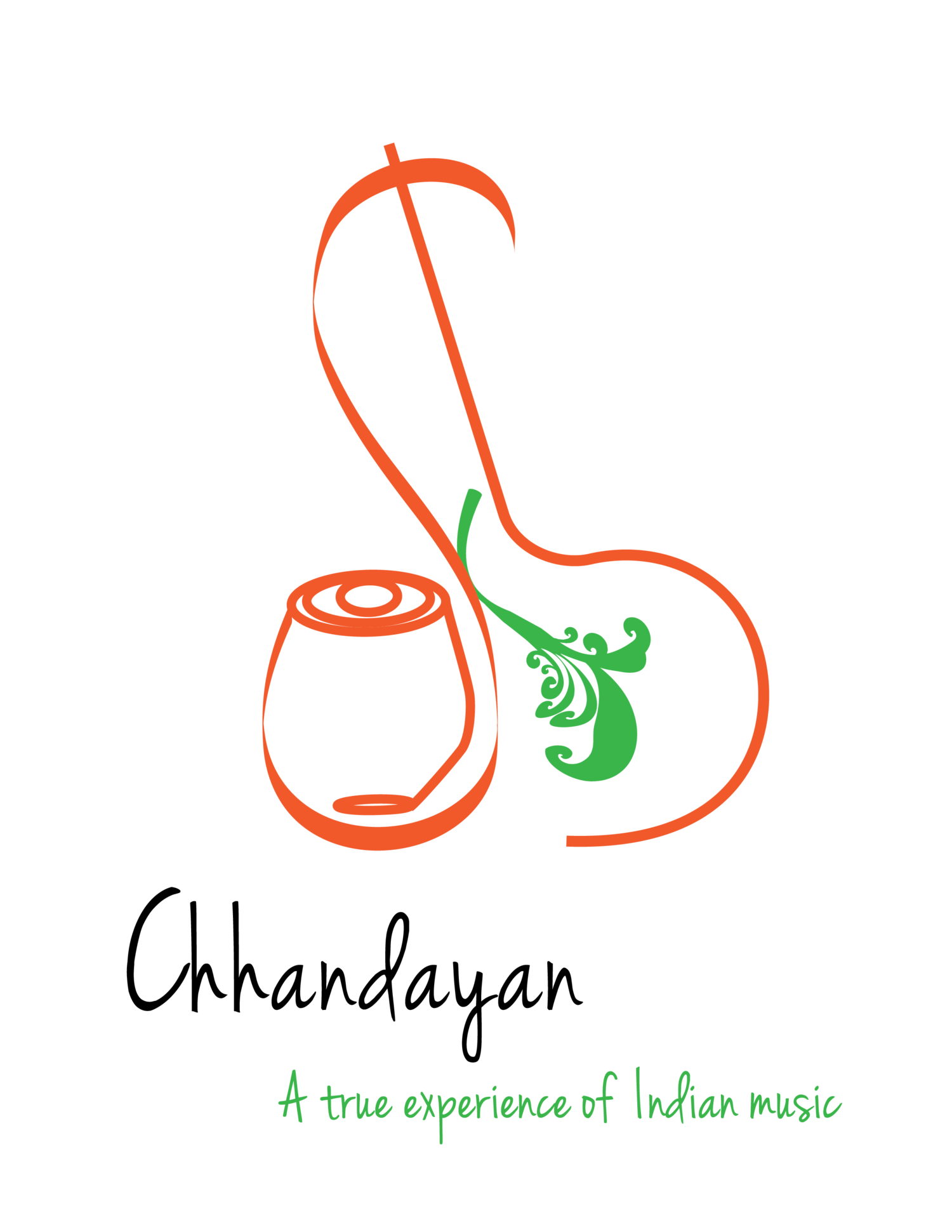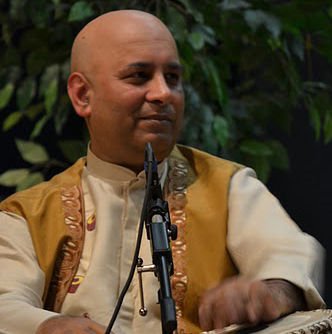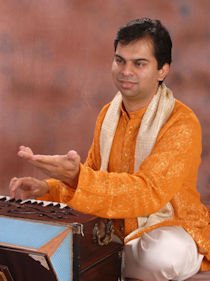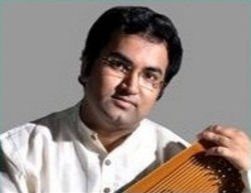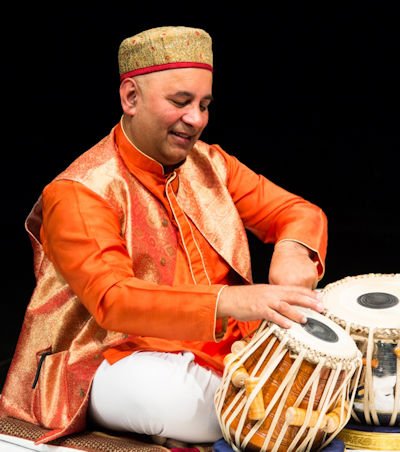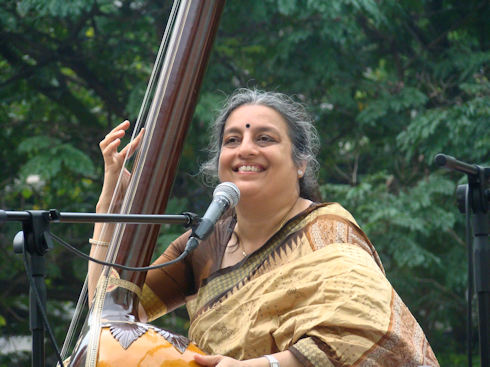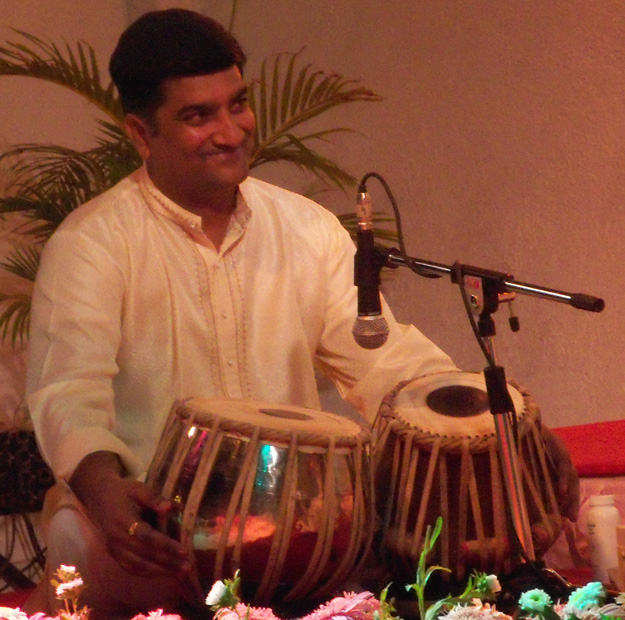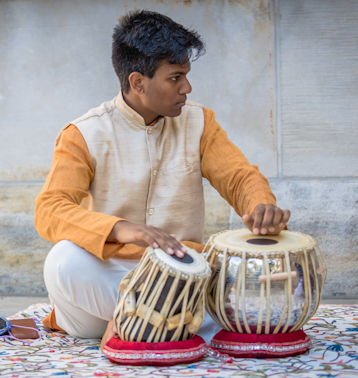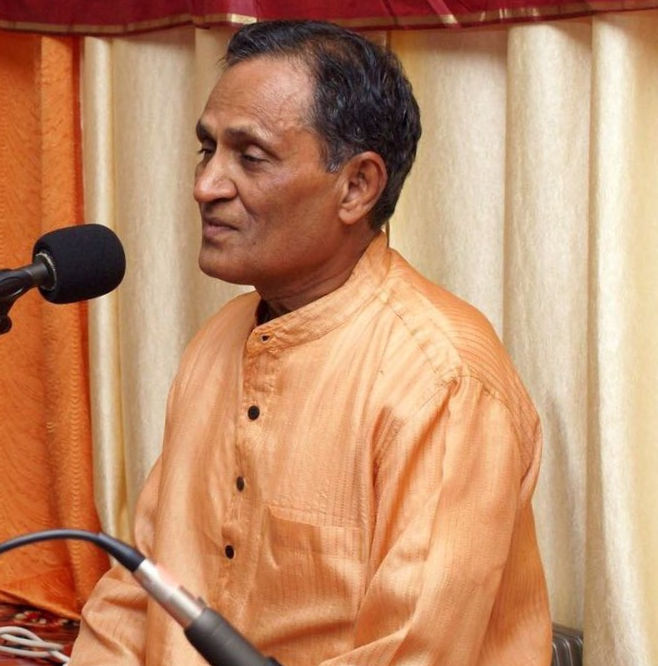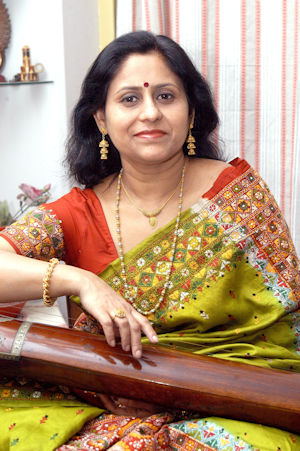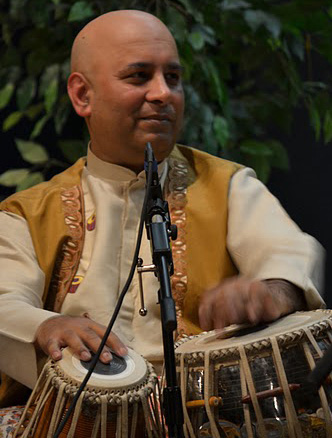Tulika Ghosh - Vocal Concert
Vocal - Tulika Ghosh
Tabla- Neil Khare
Harmonium - Kedar Naphade
Come join us at the Chhandayan Center for an evening performance of Hindustani Vocal Music performed by Tulika Ghosh. The performance will also be streamed live.
Tulika Ghosh
Tulika Ghosh, daughter of the internationally acclaimed maestro of Tabla, Padmabhushan Pt. Nikhil Ghosh, represents the fourth generation of a family of distinguished musicians. Her elder uncle was the legendary Pannalal Ghosh, also revered as the ‘Father of Hindustani Classical Flute’. Her grandfather was Akshay Kumar Ghosh; an erudite Sitariya of the Senia Gharana and her great grandfather was Shri Harakumar Ghosh, a Dhrupad singer and Pakhawaj player.
The musically charged atmosphere at home in the illustrious company of some of the greatest figures of Indian Classical music, like Ustad Ahmedjan Thirakawa, Ustad Amir Hussain Khan, Pt. Jnan Prakash Ghosh, Ustad Ishtiaq Hussain Khan, Ustad Latafat Hussain Khan, Ustad Amir Khan, Ustad Vilayat Khan, Pt. Nikhil Banerjee, Pt. Buddhadev Dasgupta and many other giants in this field, has added immensely to her musical imagination and insight.
Tulika has learnt from her father, Padmabhushan Pt. Nikhil Ghosh, who was also much acclaimed for his knowledge of vocal music. She has also received exclusive training in Tappa, from the Grand old master of Banaras tradition, Pt. Hanuman Prasad Mishra. Her other gurus were the doyen of Agra-Atrauli Gharana, Padmabhushan Ustad Khadim Hussain Khan and Padmabhushan Gurudev Jnan Prakash Ghosh as well as Ustad Yunus Hussain Khan, the Khalifa of the Agra Gharana.
Caliber, dignity, intense melodiousness and a delightful stage presence are only some of the striking features of Tulika Ghosh - a vocalist endowed with a weighty voice that at once appeals to the keen ears of musicians, connoisseurs and laymen alike. The alternating of serenity and colourfulness adds a glowing lustre to her vast repertoire in the areas of Khayal, Tarana, Tappa, Thumri, Dadra, Kajri and Bhajan. Tulika’s vocalism finds the best elements of the Kirana, Banaras, Agra, Gwalior, Saheswan and Patiala traditions, presented with a distinctive individual expression and aesthetic refinement.
Tulika has drawn serious attention with her notable performances all over India, besides the United Kingdom, Germany (1979), Japan (1993), United States of America (several concert tours), Bangladesh (2005 & 2012) and at the prestigious Music Guimet at Paris (2008). She has to her credit, impressive reviews by music critics. She is a regular performer on the All India Radio and Television. Tulika has trained numerous teachers for music besides performers. Tulika headed the master classes in vocal music at Sangeet Mahabharti in Juhu, Mumbai, from 1976 to 2004. She is also training young aspirants in playback singing and professional classical vocalists.
In India, she has performed at the Haridas Sangeet Sammelan, Mumbai (1983); Thumri Seminar organized by Bombay University and Indian Musicological Society (1989); SangeetNatakAkademi, Delhi (1990); Surmandal, Hyderabad (1998); Bangiya Sangeet Parishad, Kolkata (1999); Lehra Sangeet Chakra, Kolkata (2000); Vasantotsava, Delhi (Pt. Birju Maharaj’s) (2005); India Habitat, Delhi (2004); Kala Vihar, Delhi (1990 & 2013); Ustad Alladiya Khan Music Festival (2004); Devnandan Ubhaykar Memorial concert, Bangalore organized by Smt. Lalita Ubhaykar (2008); Saptak Archives Concert, Ahmedabad (2011); Manjunath Nayak Memorial, Bangalore organized by Smt. Kusuma Nayak (2011 & 2013); Bharatiya Vidya Bhavan’s Cultural Centre, Mumbai (2013, 2016, 2023); Sur Sagar, Bangalore (2014); Jawahar Kala Kendra, Jaipur (2014); “Barase Badariya” by Ashirwad, Mumbai (2013); Bharat Bhavan & SRA – Agra Gharana, Bhopal, (2015); Bhaskar Rao Festival, Pracheen Kala Kendra, Chandigarh (2022). Regularly invited by SPICMACAY for concerts and lec-dems all over India; numerous music circles all over India and USA.
Neil Khare
Neil Khare started learning tabla at the age of 4 from his father Anil Khare, continued his training from Shri Surakshya Deshpande, and currently learns from Dr. Amod Dandawate. He has accompanied artists such as Srimati Gauri Pathare for her USA 2023 tour, Srimati Aarti Anklikar during her workshop presentation, has played on a New York TV Channel, and has received many awards in the Instrumental solo category. He is a recent graduate from Rutgers University and is working full-time in finance in Philly.
Kedar Naphade
Born on January 10, 1972, Kedar Naphade received preliminary training in Hindustani Classical Music from his grandfather, Shri Dadasaheb Naphade and from Shri Arvind Gajendragadkar. Since he was 10 years of age, Kedar has had the great good fortune of training under the loving and expert guidance of Pt. Tulsidas Borkar, one of the topmost harmonium players in India today. Under his nurturing guidance, Kedar has imbibed the unique style of solo harmonium performance developed by Pt. Borkarji’s guru, Madhukar Pednekar or P. Madhukar. P. Madhukar was a genius with tremendous mastery over the instrument that is to date unsurpassed. His glorious tradition that exploits the strengths of the harmonium to the extreme, is presented to the connoisseur today by his stalwart disciples like Pt. Tulsidas Borkar and Pt. Anant Kemkar and the next generation of disciples consisting of Sudhir Nayak, Seema Mestri-Shirodkar, Kedar Naphade and others.
Kedar has also had the privilege of training under Smt. Padmavati Shaligram-Gokhale, a veteran singer of the Atrauli-Jaipur gharana. She played a pivotal role in his musical development and sowed in him the seed that developed into a passionate love for the vocal art form. As such, Kedar’s music derives inspiration from the stylistic genius and dexterous wizardry of P. Madhukar as well as the character of the traditional hindustani vocal art form – especially the Gwalior and Jaipur gharanas.
In addition to classical music, Kedar also plays the semi-classical forms of Marathi Natyasangeet (Stage Music), Bhajans, Thumri, Dhun etc. Kedar has performed harmonium solo and has accompanied vocalists at numerous concerts in India, Europe and in the U.S. including prestigious festivals and venues such as the Alladiya Khan Smruti Samaroha, Dadar Matunga Cultural Center, Lincoln Center, Symphony Space etc. He has accompanied artists of high caliber such as his guru Smt. Padmavati Shaligram-Gokhale, Pt. Phiroz Dastur, Pt. Jasraj, Smt. Veena Sahasrabuddhe, Pt. Ulhas Kashalkar, Smt. Laxmi Shankar etc. Kedar continues to maintain an active concert schedule in the U.S.
